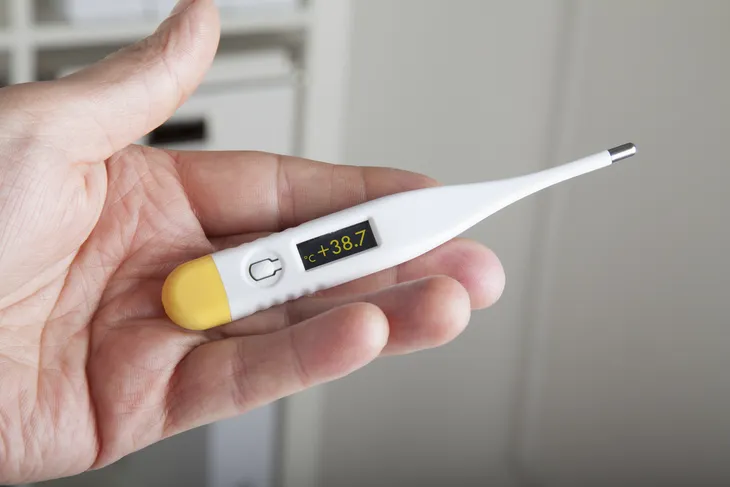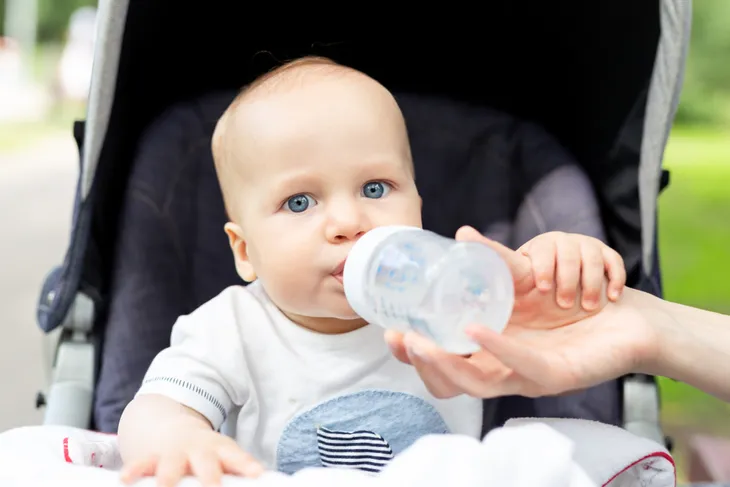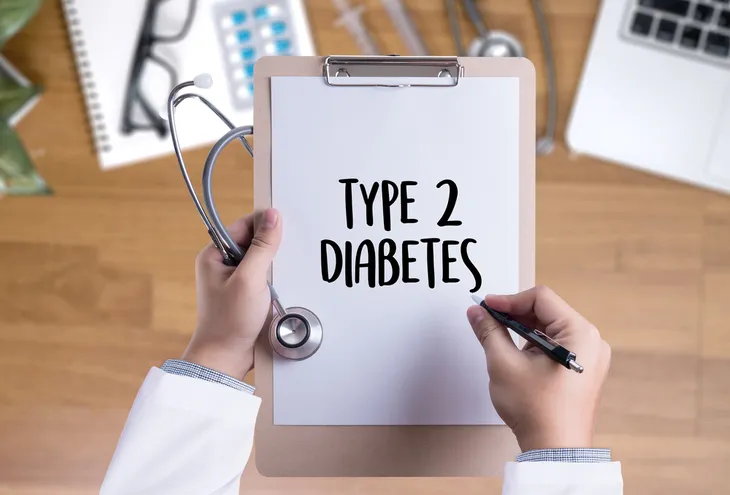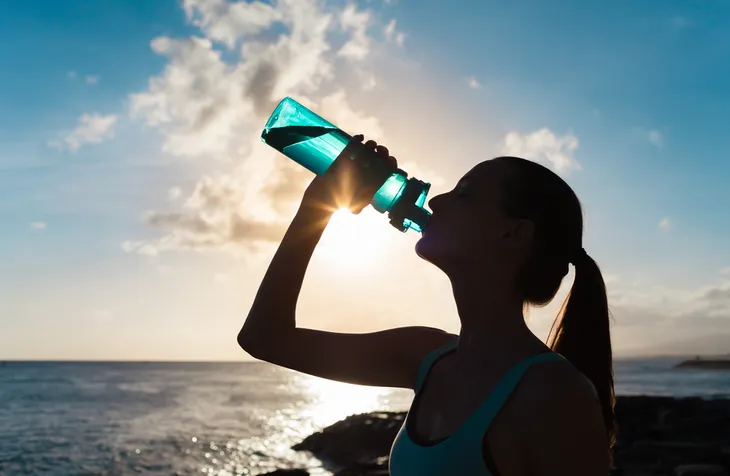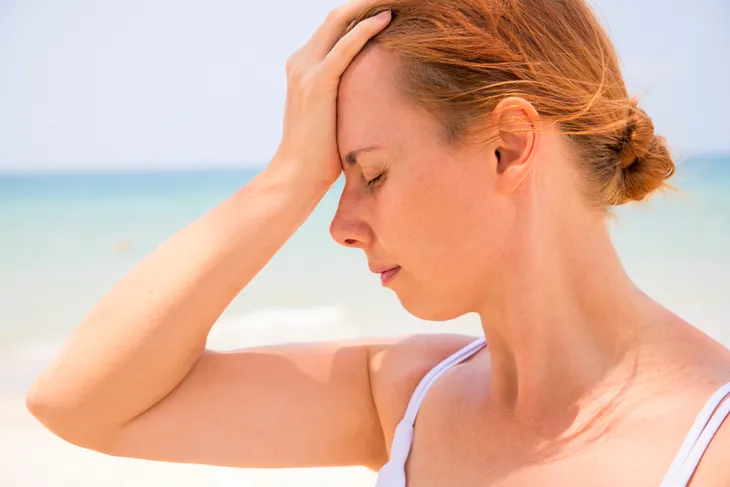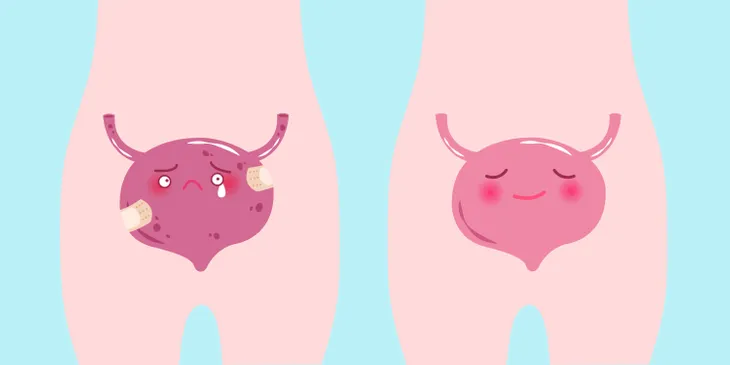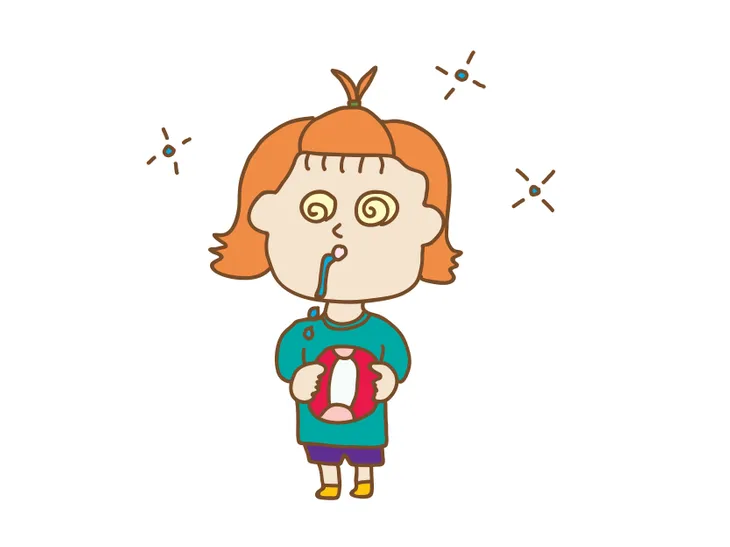Water is the most important thing our body needs to function properly, but most of us don’t drink enough of it! It can be hard to remember to drink enough water, and it’s easy to go more than a few hours without having even a sip of it. However, it’s super important that we stay hydrated, especially in the warm summer months when it’s easier to get dehydrated. While there’s no single formula for how much water a person should drink every day because our needs are all different and can vary based on many different factors (such as how much exercise we’re getting, gender, age, and where a person lives), we suggest drinking at least 8 glasses of water a day.
Dehydration occurs when the body doesn’t get enough water to function properly. It’s basically when the body loses more fluids than it’s taking in. The Mayo Clinic warns that if the fluids are not replaced, then the body will become dehydrated. You can learn more about the signs with this article on The Top Signs of Dehydration. But in the meantime, here is a look at what to know about dehydration, including the causes, risk factors, and potential complications.
Causes
1. Diarrhea and Vomiting
When we think of dehydration, we naturally think of water. We assume that someone who is dehydrated is simply not drinking enough water. While that’s usually the cause, there are many other ways a person can become dehydrated. In the introduction, we mentioned that people can become dehydrated when they are losing more fluids than they are taking in, as unpleasant as it is, this includes vomiting and/or diarrhea.
It’s important to note that a person would have to have a serious case of vomiting or diarrhea in order to become dehydrated, but it’s important when you’re feeling ill to stay hydrated because illness that cause these symptoms will often lead to dehydration. “Severe, acute diarrhea — that is, diarrhea that comes on suddenly and violently — can cause a tremendous loss of water and electrolytes in a short amount of time,” writes the Mayo Clinic. “If you have vomiting along with diarrhea, you lose even more fluids and minerals,” adds the clinic.
2. Fever
There’s a reason a fever is cause for worry. It’s typically a sign that the body is fighting off some kind of infection or illness, but if the fever gets high enough it can be dangerous. The Mayo Clinic points out that the higher the fever, the more dehydrated a person will become. Another aspect of this is that people usually have a fever when they are sick, which means if they are also experiencing vomiting or diarrhea, their risk increases even more.
3. Excessive Sweating
We all sweat from time to time, particularly if we’re nervous, exercising, or even just standing around in hot weather. It’s our body’s natural way of trying to cool down. The problem is that we’re sweating out fluid, which means that if we sweat too much and don’t replenish that fluid, we will likely become dehydrated. “If you do vigorous activity and don’t replace fluids as you go along, you can become dehydrated,” writes the Mayo Clinic. “Hot, humid weather increases the amount you sweat and the amount of fluid you lose,” adds the clinic.
4. Increased Urination
Increased urination is one of the most obvious ways people lose fluids, and while it might not seem like a common cause of dehydration, there are medical conditions that cause people to urinate more frequently, making them more susceptible to dehydration. If the person doesn’t know that they have diabetes or the condition isn’t controlled properly, they could be at risk for dehydration. “Certain medications, such as diuretics and some blood pressure medications, also can lead to dehydration, generally because they cause you to urinate more,” explains the Mayo Clinic.
Risk Factors
5. Infants and Children
As with most illnesses or health conditions, infants and children are at a higher risk, because they have a weaker immune system and, in the case of infants, are unable to help themselves. WebMD notes that babies and young children are more likely to have severe diarrhea or vomiting. They are also more likely to suffer from an extremely high fever. This is why their odds of becoming dehydrated are so high. Even if their dehydration is from loss of water, they are so young that they can’t communicate when they are thirsty and are unable to get their own drinks.
6. Seniors
Seniors, or older adults, are also at a high risk for dehydration, because they don’t always know when they are thirsty. Plus, many seniors are suffering from specific medical conditions that either inhibit them from taking in lots of fluids, or in a fashion similar to young children, they aren’t able to help themselves when they do need a drink. This might be due to a health condition or the fact that they are unable to get around easily, says WebMD.
7. People with Chronic Illness
In relation to older adults, people who are sick are often at a higher risk for dehydration, because their immune system is lower or they may be urinating more than the average person, which means they are losing a lot of bodily fluids. WebMD points out that when it comes to chronic illnesses, those with type 2 diabetes are at a heightened risk because part of their disease is frequent urination. “They also take medicines such as water pills, which make them go more often,” adds the source.
The source notes that even people with just a cold or sore throat are susceptible to dehydration because they might not feel like drinking water.
8. People Who Work or Exercise Outdoors
This shouldn’t be all that surprising, because this is often when dehydration occurs, particularly in those scorching hot summer months. There are many places around the world that experience extremely hot and humid temperatures, which makes the conditions outside unbearable for those who work or even choose to exercise outdoors. The humidity makes it difficult for people to cool themselves down, as their sweat doesn’t evaporate, says WebMD. “This can lead to a higher body temperature and need for more water,” writes the source.
Complications
9. Heat Injury
Since dehydration often occurs in the heat or humidity, some of its main complications are heat injuries. According to the Mayo Clinic, if a person doesn’t drink enough water while exercising vigorously in the heat or excessively sweating, they may end up with some kind of heat injury, such as heat cramps, heat exhaustion, or even a life threatening case of heat stroke.
10. Urinary and Kidney Problems
You can usually treat cases of mild to moderate dehydration by simple drinking some more fluids, but if dehydration goes untreated or happens on a repeated basis, it can cause urinary and kidney problems. The Mayo Clinic notes that prolonged and frequent bouts of dehydration can lead to urinary tract infections, kidney stones and even kidney failure.
11. Seizures
Seizures can be caused by a multitude of different things, and dehydration is one of them. Dehydration can cause a seizure, because it affects the body’s electrolytes, which are potassium and sodium. These electrolytes are what carry signals from cell to cell in the body. “If your electrolytes are out of balance, the normal electrical messages can become mixed up, which can lead to involuntary muscle contractions and sometimes to a loss of consciousness,” writes the Mayo Clinic.
12. Hypovolemic Shock
Hypovolemic shock is also known as low blood volume shock. It is the most serious complication that can occur from dehydration, as it is life-threatening, says the Mayo Clinic. Hypovolemic shock occurs when “low blood volume causes a drop in blood pressure and a drop in the amount of oxygen in your body,” writes the clinic.


